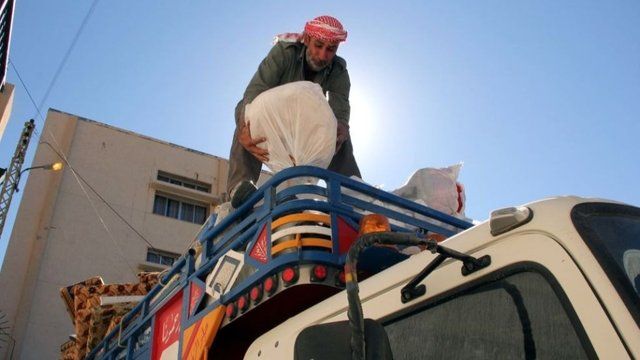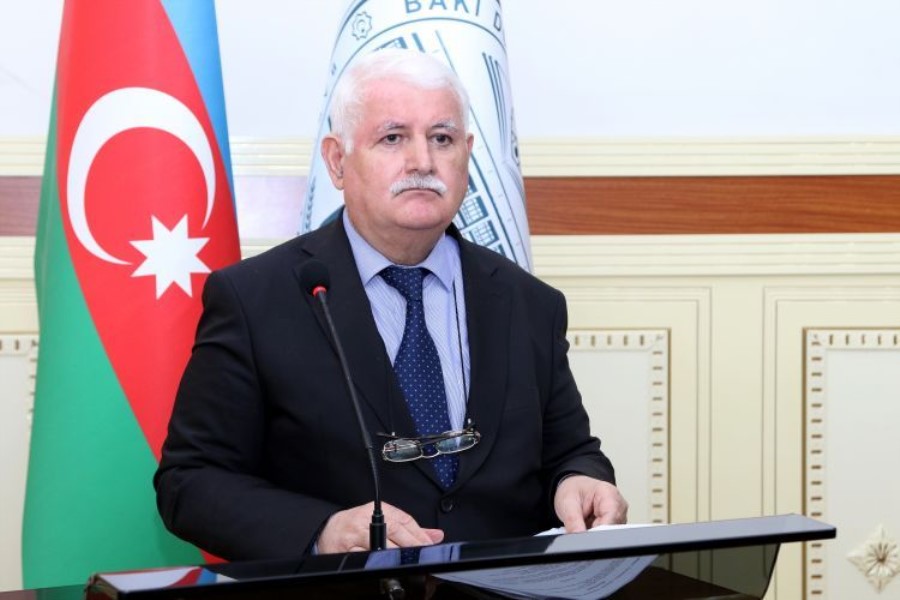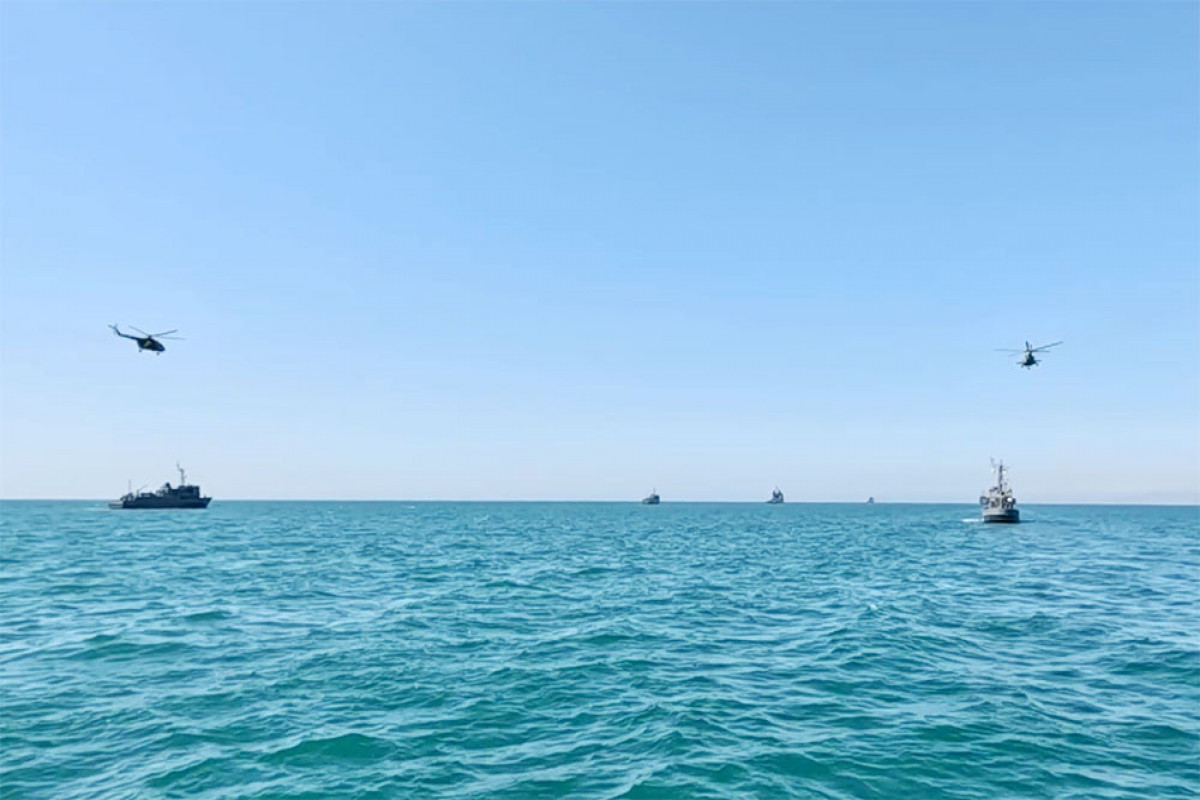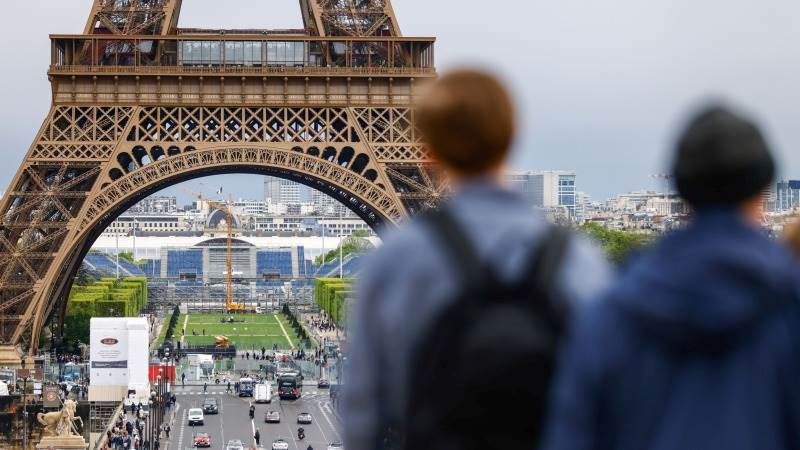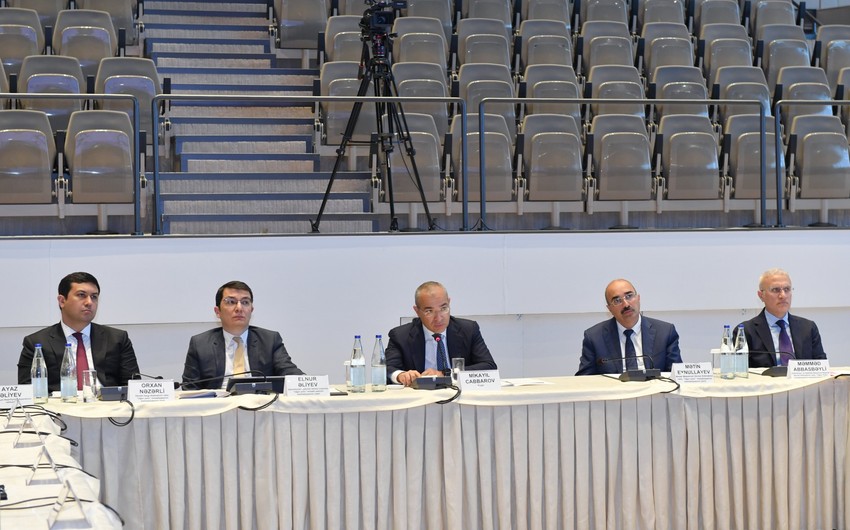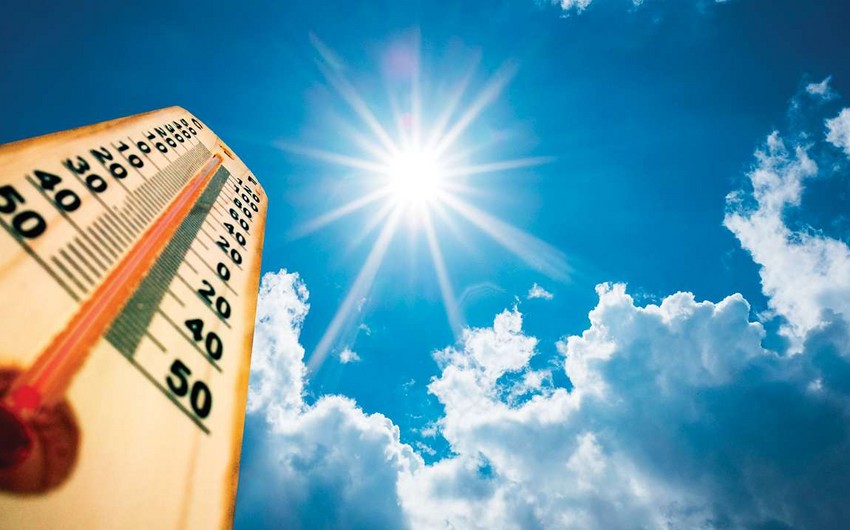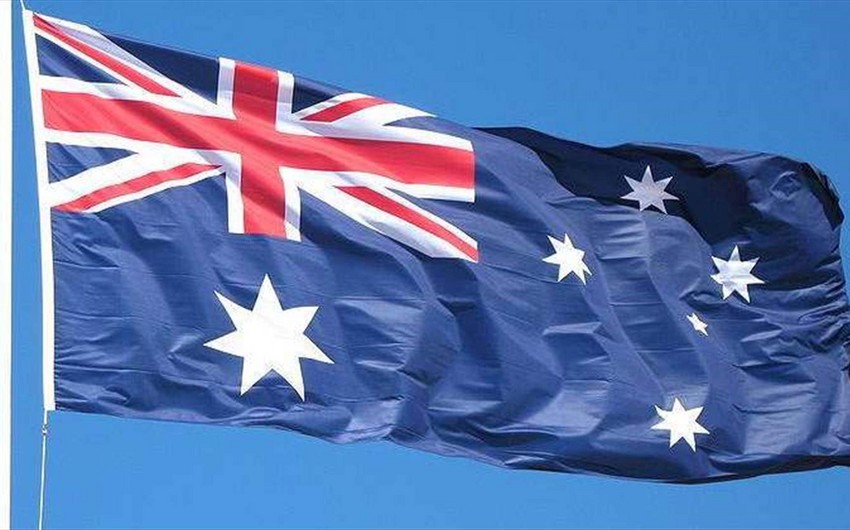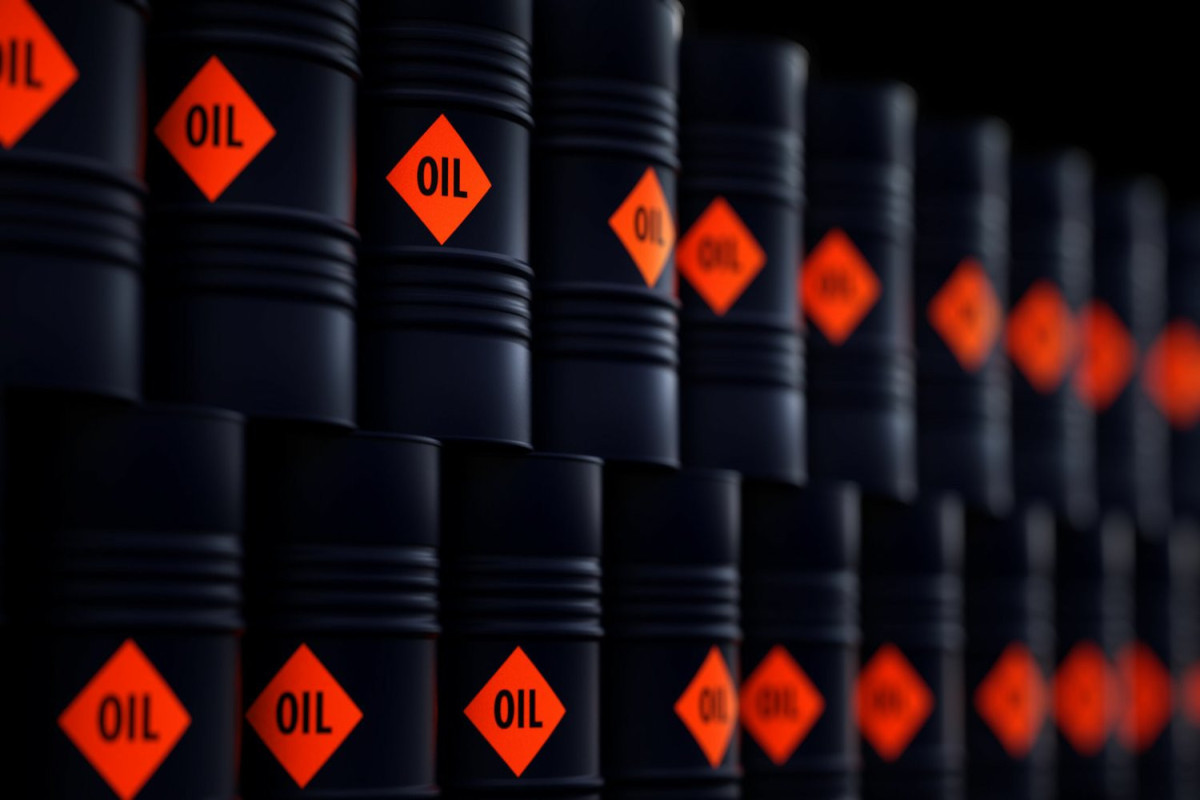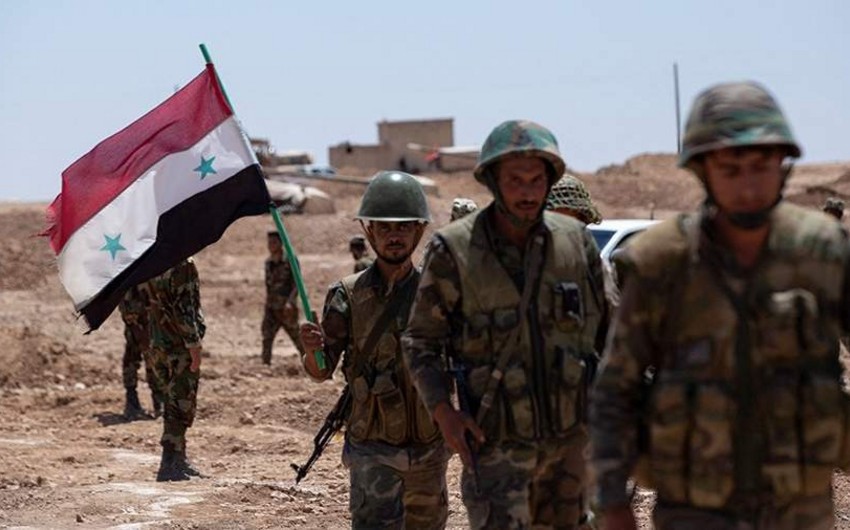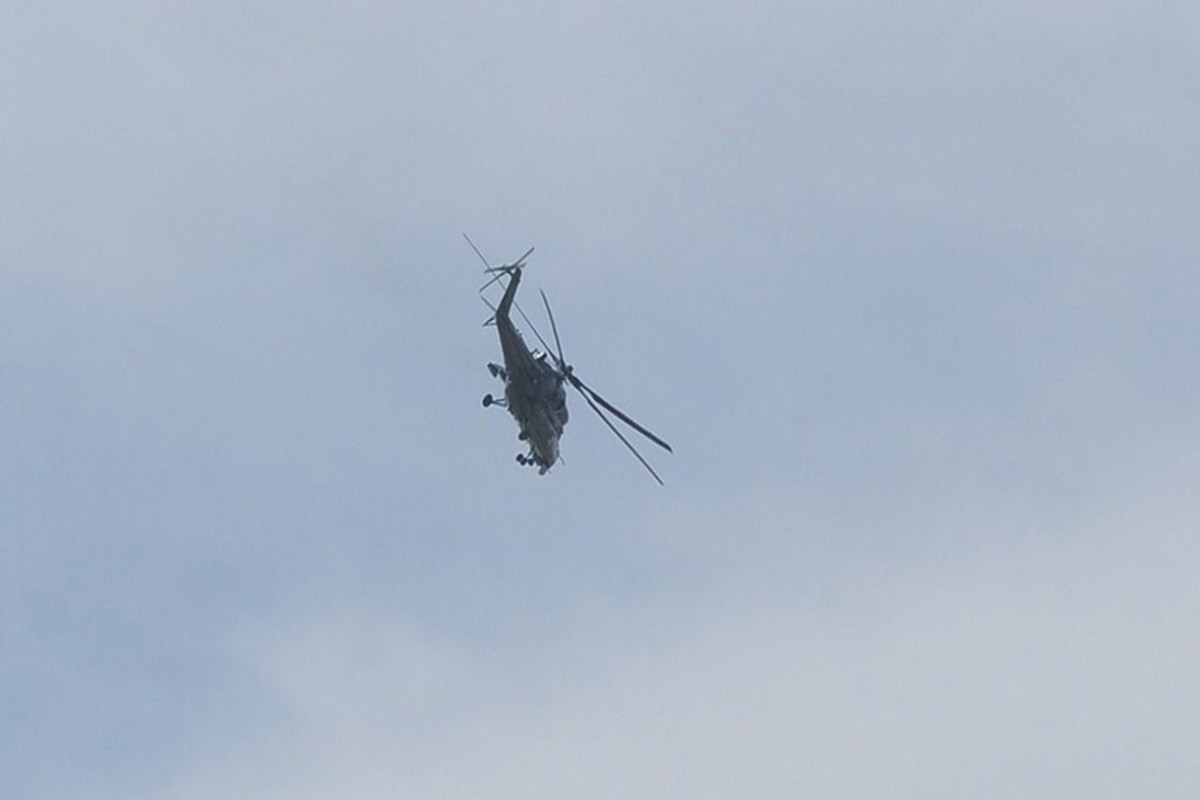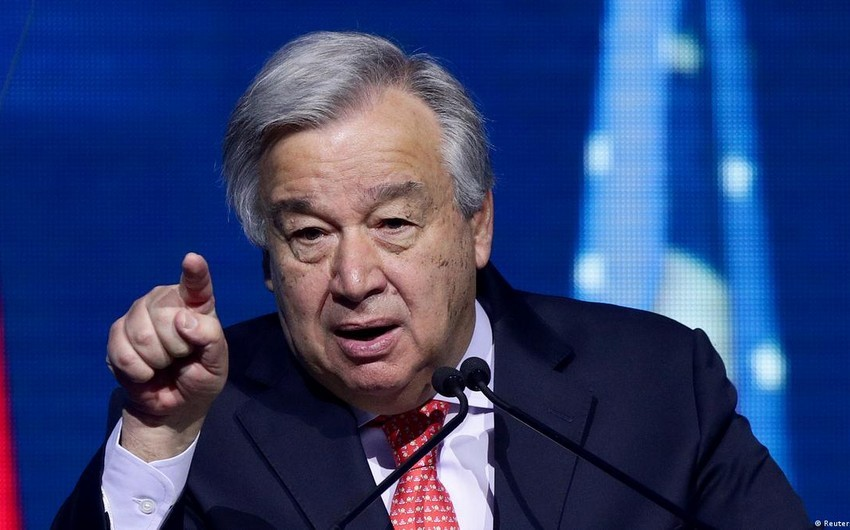“We encourage every Syrian to come back to Syria,” President Bashar al-Assad told reporters last month. His comments, part of a larger Russian-led charm offensive targeting Western support for reconstruction and refugee repatriation efforts, paint the portrait of a leader willing to receive every member of his vastly-displaced citizenry with the most welcoming of arms.
The reality, however, could not be further from the truth.
Missing from Assad’s invitation to Syrian refugees and expatriates is one nonnegotiable caveat. It is not every Syrian he intends to welcome, but rather, every Syrian who is deemed sufficiently loyal to the regime.
To drive home this point, the Assad government has begun reconstructing a Syria that is built on two primary principles: a zero-tolerance policy for dissent, and absolutely no remorse for mass atrocities of the past.
Just last week, Air Force Intelligence head Jamil al-Hassan — for whom Germany has issued an international arrest warrant for war crimes — reportedly told a room of 33 officers: “A Syria with 10 million trustworthy people obedient to the leadership is better than a Syria with 30 million vandals. … After eight years, Syria will not accept the presence of cancerous cells and they will be removed completely.”
Disclosing that more than 3 million Syrians are currently wanted, and that judicial cases for all of them have been prepared, al-Hassan stated that anyone considered to be a “hindrance” to the regime’s plan to consolidate power would be labelled a “terrorist” and dealt with accordingly. Referring to refugees intending to return home as “sheep,” he explained that the corrupted sheep would be filtered out and that the “good ones” would be used.
Al-Hassan’s remarks are not merely words to inspire regime loyalists behind closed doors. As early as March of this year, the Irish Times reported that a number of refugees returning to Syria faced significant threats, arrests and even death. At least four Syrian refugees returned home and were killed — three of whom had been arrested less than three months after coming back and who died in military prison between two and four months thereafter.
Other refugees who have returned have had their passports confiscated, been called in for questioning by authorities on numerous occasions, and been accused of having ties with the Syrian opposition. Those who have fought against the Syrian army, or spoken publicly against the regime, have been required to undergo a “reconciliation” process that does not always guarantee their safety, but that requires them to pledge not to partake in any dissent-related activities.
However, it is not only repatriated refugees who are being forced to partake in these processes. In areas in which the Assad regime is re-exerting its control, residents reportedly have been given the “choice” between being displaced from their homes or agreeing to “reconciliation.” Last month, Al-Modon published a copy of the forms used in these “reconciliation” arrangements. Per the process, signatories are required to sign documents in which they commit to a number of pledges, including not protesting “outside of the confines of the law”; not publishing written content that insults the government and security establishment; and immediately informing security officials of any pieces of information that may implicate the security situation.
Additionally, the forms ask signatories to disclose details about their involvement in protests; the roles that any family members may have played in the Syrian “events”; and personal information such as their passport numbers and electronic accounts, presumably social media.
While Assad attempts to set a diplomatic tone with the hope of mesmerizing Western observers and capitalizing on their limited attention spans and memories, his regime’s actions show no willingness to take responsibility for the atrocities of the past seven and a half years. A law that threatens to make permanent the forced demographic changes initiated by the regime as a result of forced displacement during the war already has begun being implemented in areas of strategic importance. Mass atrocities — including the shelling and bombing of neighborhoods, the torture and killing of detained persons, and the targeted extermination of citizens — continue with impunity and no regard for international condemnations.
Most recently, and in an example that best personifies the way in which the regime regards its return to power, Assad officials have begun callously issuing death certificates for individuals who were tortured to death while in detention. Instead of being properly notified, families are by chance going to civil registries and finding out that their missing loved ones have been dead for years. The families are not given the chance to say goodbye and to receive the bodies; to add insult to injury, the death certificates of the tortured detainees list “heart attack” or “stroke” as the cause of death.
As the regime begins preparing for a new phase in the post-2011 period, there is no doubt that it will — with the various administrative, legal, and extrajudicial tools at its disposal — work towards re-introducing an authoritarianism that is stronger than before and built on zero tolerance for dissent and admission of fault. It is a regime that again will work to pit citizens against each other through an expansive network of informants, to strengthen its system of monitoring and surveillance, to silence anyone who colors outside of the lines, and to consolidate a culture of fear — all of which were essential pillars upon which the Syrian state was built.
As Western governments consider the repatriation and reconstruction proposals brought before them, they would do well to recognize that the Syria they may be financing is one for which millions of Syrians have been killed, terrorized and displaced — only to be ultimately told never to come home.

